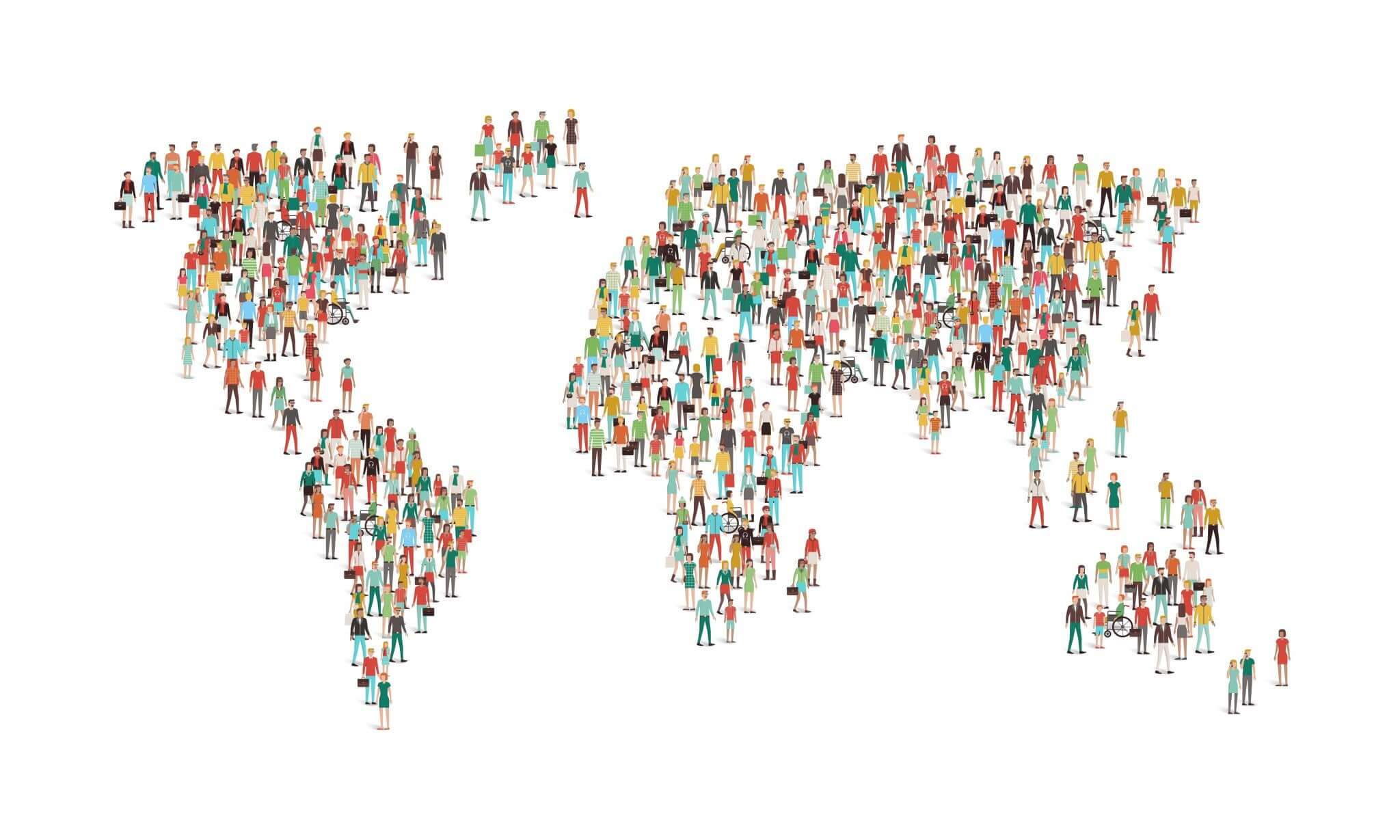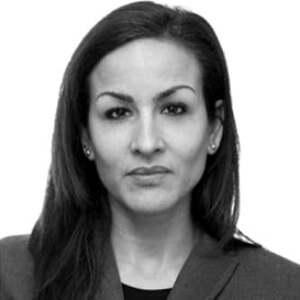Global Citizenship Education: What You Should Know

According to UNESCO (The United Nations Educational, Scientific and Cultural Organization), global citizenship education is indispensable for achieving a peaceful world based on sustainable development. In this sense, UNESCO establishes a series of guidelines, strategies, and actions for educational institutions and other nonformal-learning settings to follow.
Characteristics and objectives of a global citizenship education
As the world becomes more and more globalized, education must shape a new notion of citizenship. That is, a notion of citizenship that transcends that idea of just a citizen and their relation to a country. A national citizenship must include state-related concerns, but also enhance a more global awareness.

We’re talking about an education that provides tools for the development of a global citizenship that is linked to a sense of belonging to our common humanity.
As we consider common humanity, the main goal for global citizenship education is established: instilling values such as solidarity, justice, peace, and acceptance of diversity.
In addition, attitudes and behaviors such as responsibility, commitment, creativity, and innovation are to be fostered in relation to global issues interdependent between the local, national, and global levels.
Dimensions of a global citizenship education
The basic conceptual dimensions upon which a global citizenship education is established comprehends three interrelated scopes of learning. These scopes are the following:
Cognitive
This scope deals with the understanding and acquisition of pieces of knowledge related to global, national, regional, and local issues. It also deals with the ability to reflect on them with a critical view.
Socioemotional
This scope refers to the emotional learning of solidarity, respect, tolerance, and empathy for the different. This is a determining factor to develop a sense of belonging to a common humanity based on diversity
Conductual
This one deals with the development of attitudes and actions towards responsibility and commitment. These actions are based on the socioemotional dimension and can promote the building of a more peaceful, fair, inclusive, and sustainable world.
Learning processes for the development of global citizenship
On the academic level, the learning of global citizenship involves the following items:
- Educators who plan learning experiences so that students develop critical and inquiring thinking, and who act as guides and facilitators in these experiences.
- Teaching-learning situations in which students acquire pieces of knowledge and develop skills, values, and attitudes of commitment towards change and improvement. This goes for both the social and personal levels.

- Promotion of healthy affective relationships that remain inclusive, tolerant, and respectful. That is, sensitivity and empathy for other cultural forms, customs, and lifestyles.
- Creation of spaces to have debates, dialogues, and healthy discussions, fostering participation and deliberation of complex current affairs.
- Use of pedagogical methodologies suitable for the learning objectives, such as collaborative learning based on projects, or learning based on experiences.
- Direct jobs or jobs related to current and crucial affairs. Issues such as human rights, gender equality, inclusion, and immigration should be included.
- Implementation of assessment strategies suitable for the objectives of a global citizenship education. That is, assessment tools such as reflection, feedback or self-evaluation.
Lastly…
A global citizenship education can be included transversely into the curricular program. Yet, it can also be integrated into different subjects or be treated as an independent topic or subject.
However, it’s fundamental that a global citizenship education is present in all the educational levels – primary, secondary, university and for adults – so that this education is learned all throughout life.
All cited sources were thoroughly reviewed by our team to ensure their quality, reliability, currency, and validity. The bibliography of this article was considered reliable and of academic or scientific accuracy.
- Ruano, J. C. (2016). Una perspectiva transdisciplinar y biomimética de la educación para la ciudadanía mundial. Educere, 20(65), pp. 113-129. Recuperado de https://www.redalyc.org/pdf/356/35646429012.pdf
- UNESCO (2015). Educación para la ciudadanía mundial: temas y objetivos de aprendizaje. Recuperado de https://unesdoc.unesco.org/ark:/48223/pf0000233876
- UNESCO (2016). Educación 2030: Declaración de Incheon y Marco de Acción para la realización del Objetivo de Desarrollo Sostenible 4. Recuperado de https://unesdoc.unesco.org/ark:/48223/pf0000245656_spa
